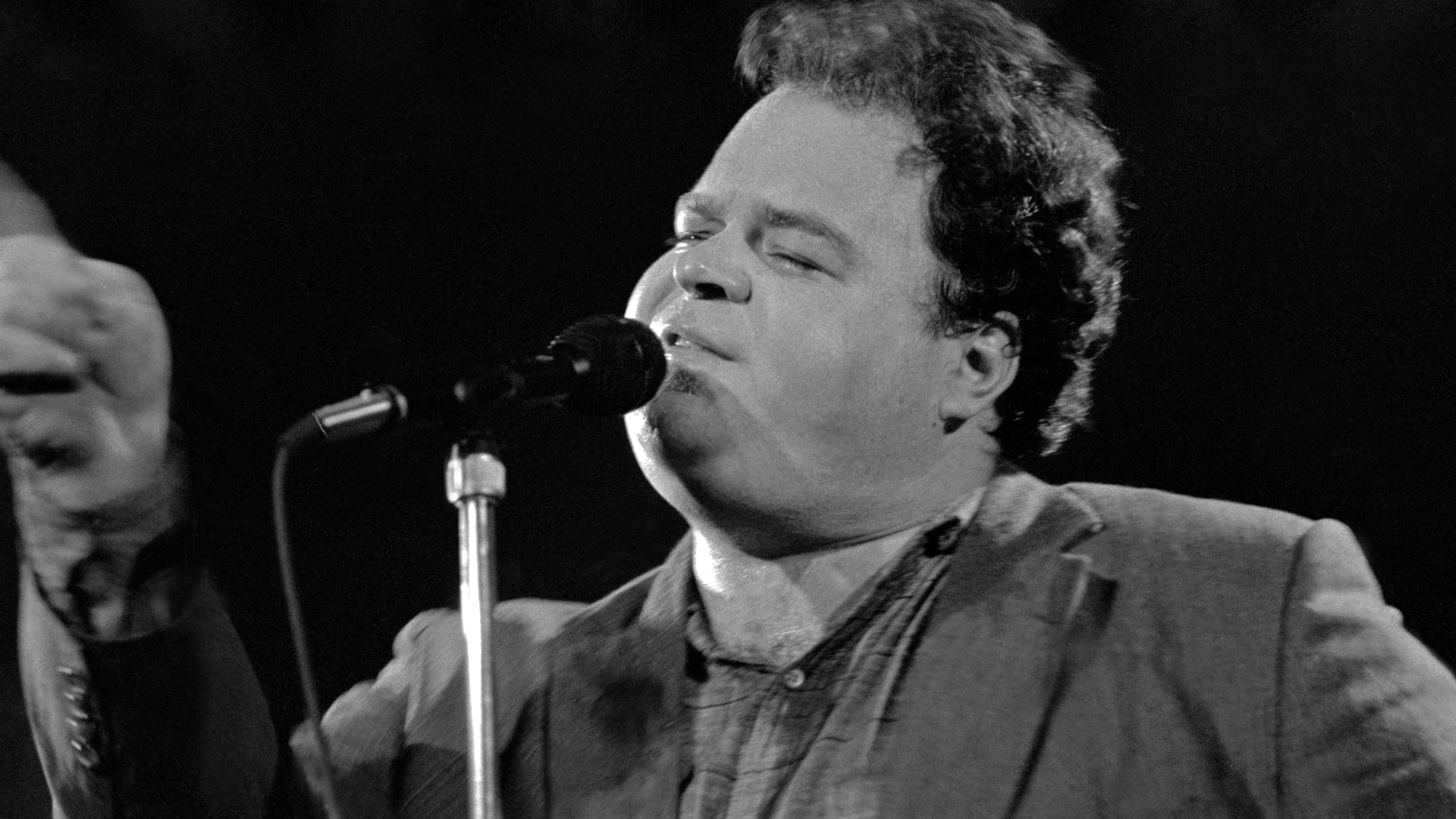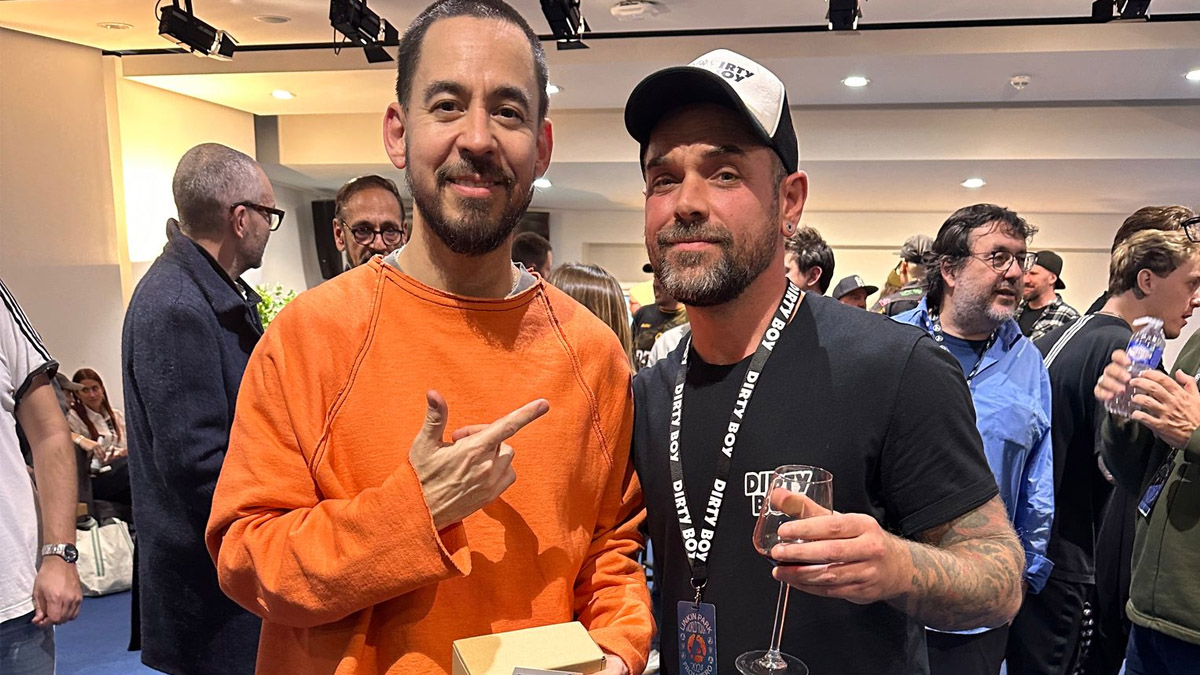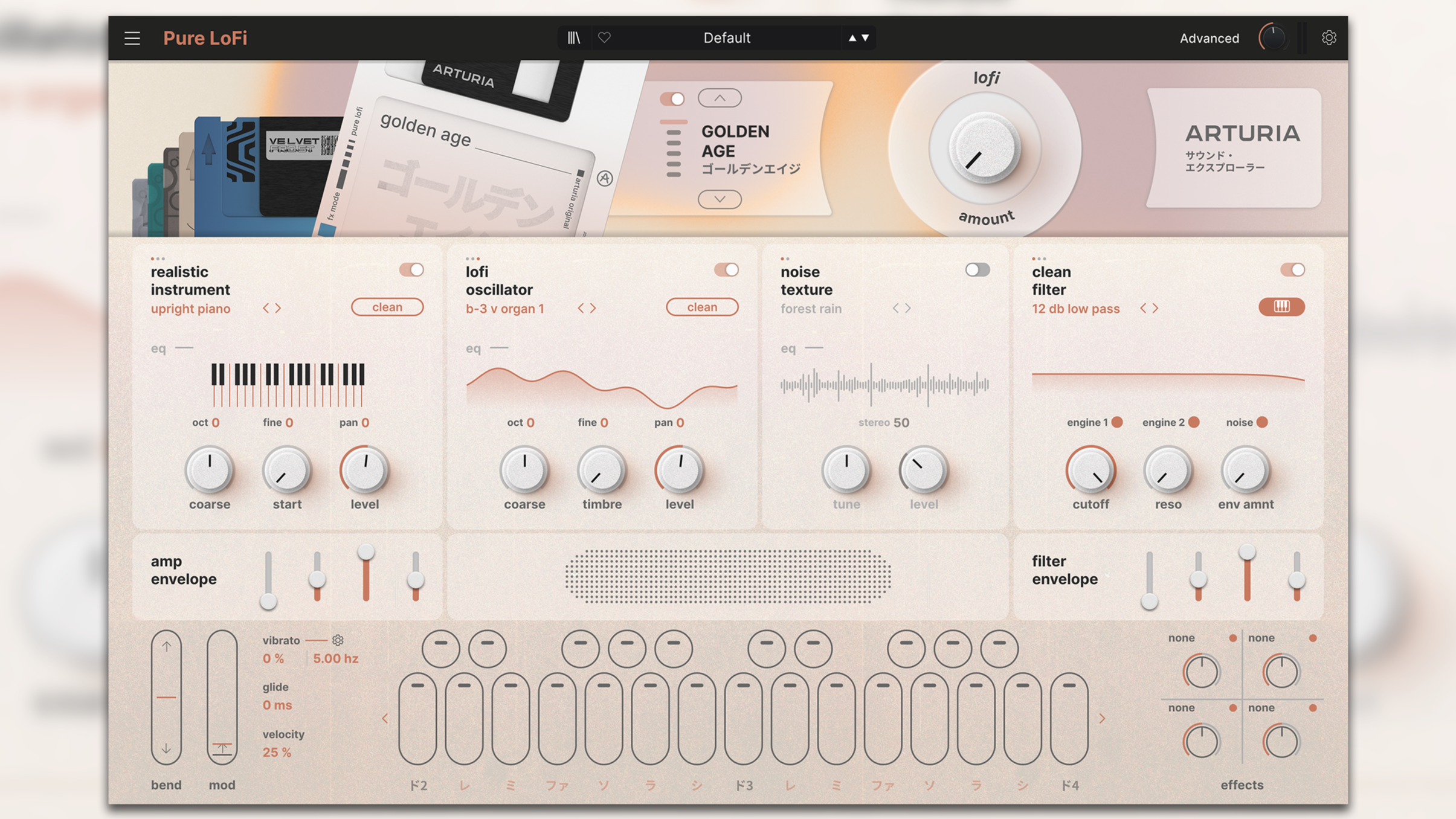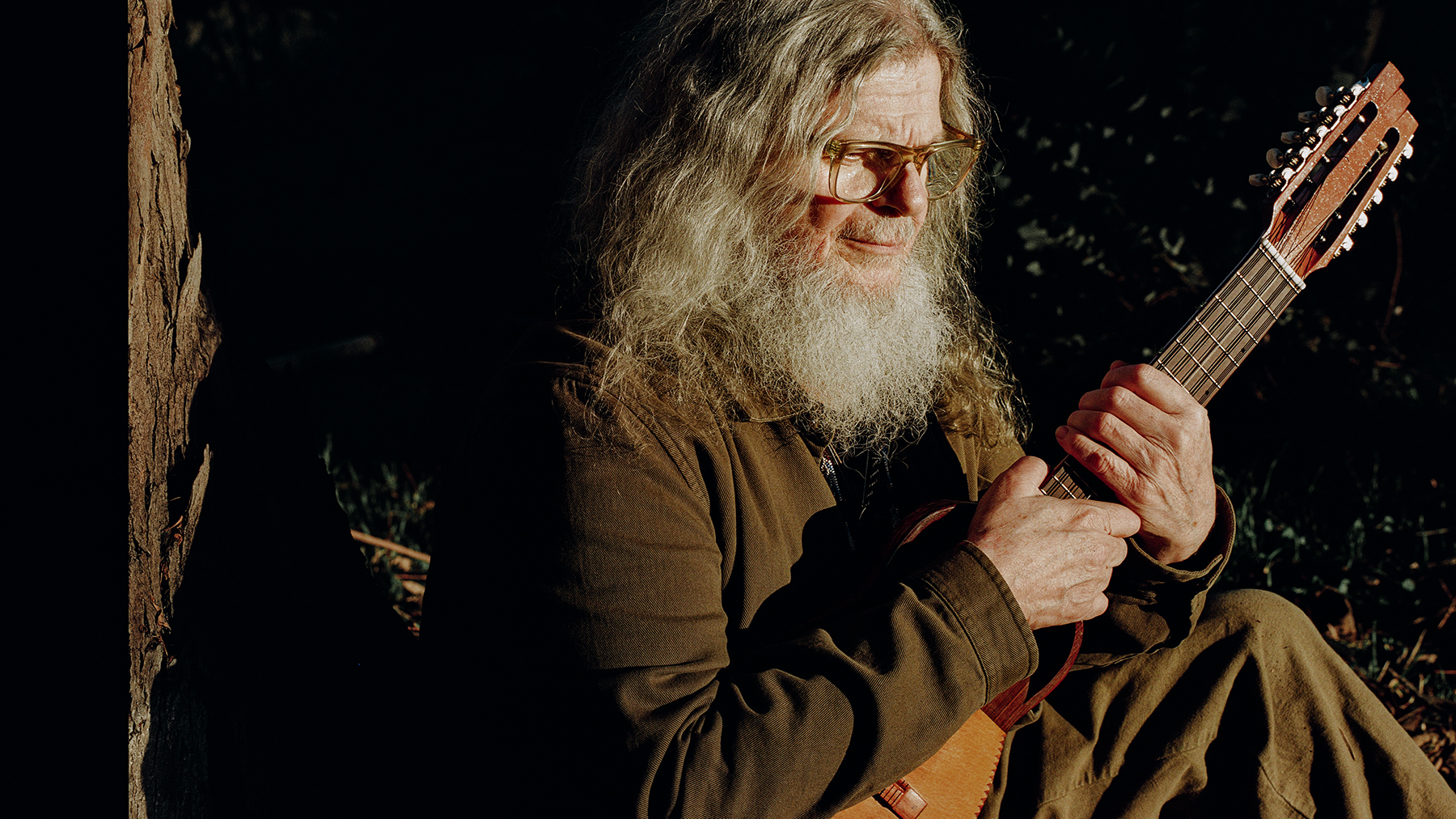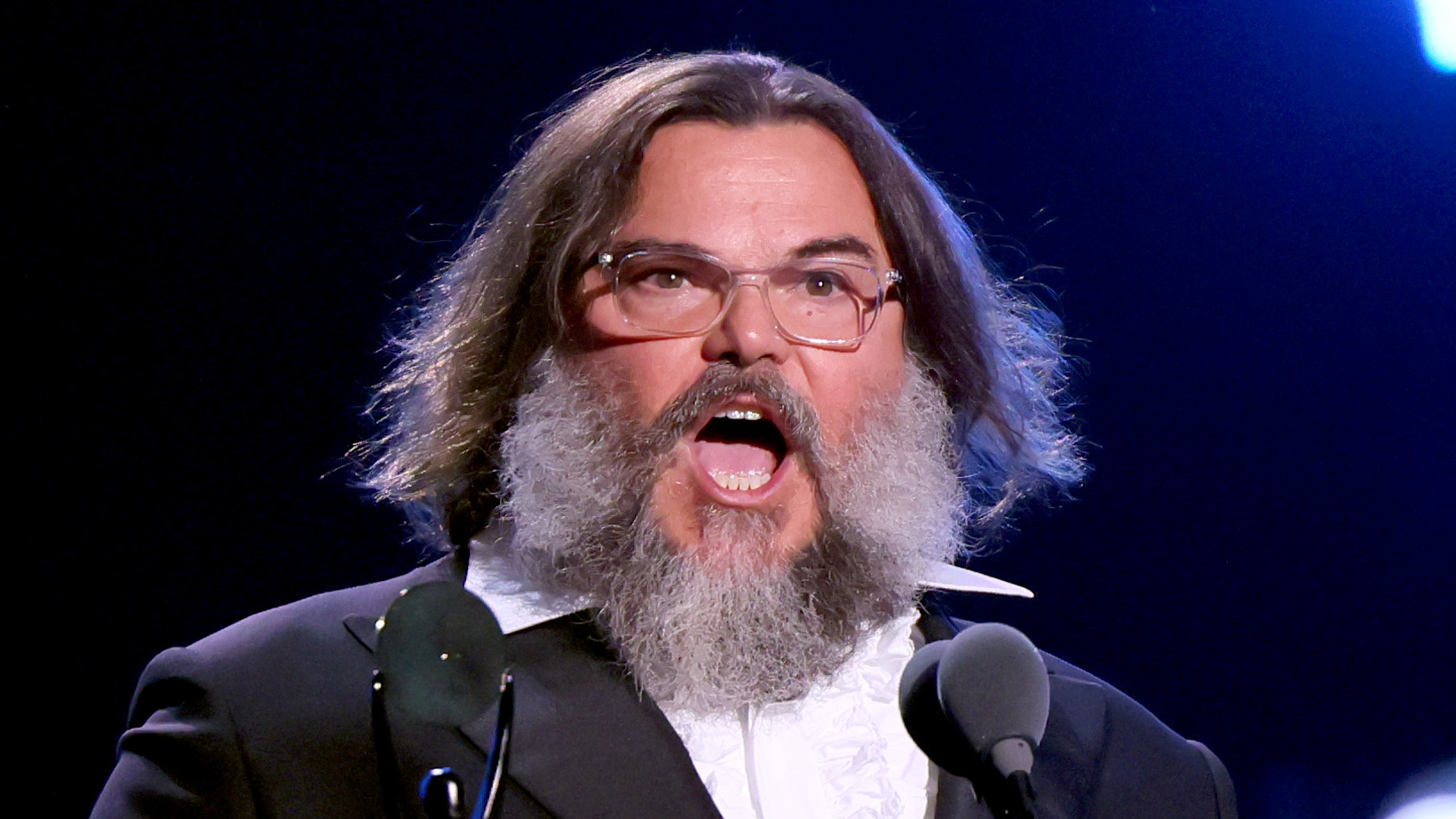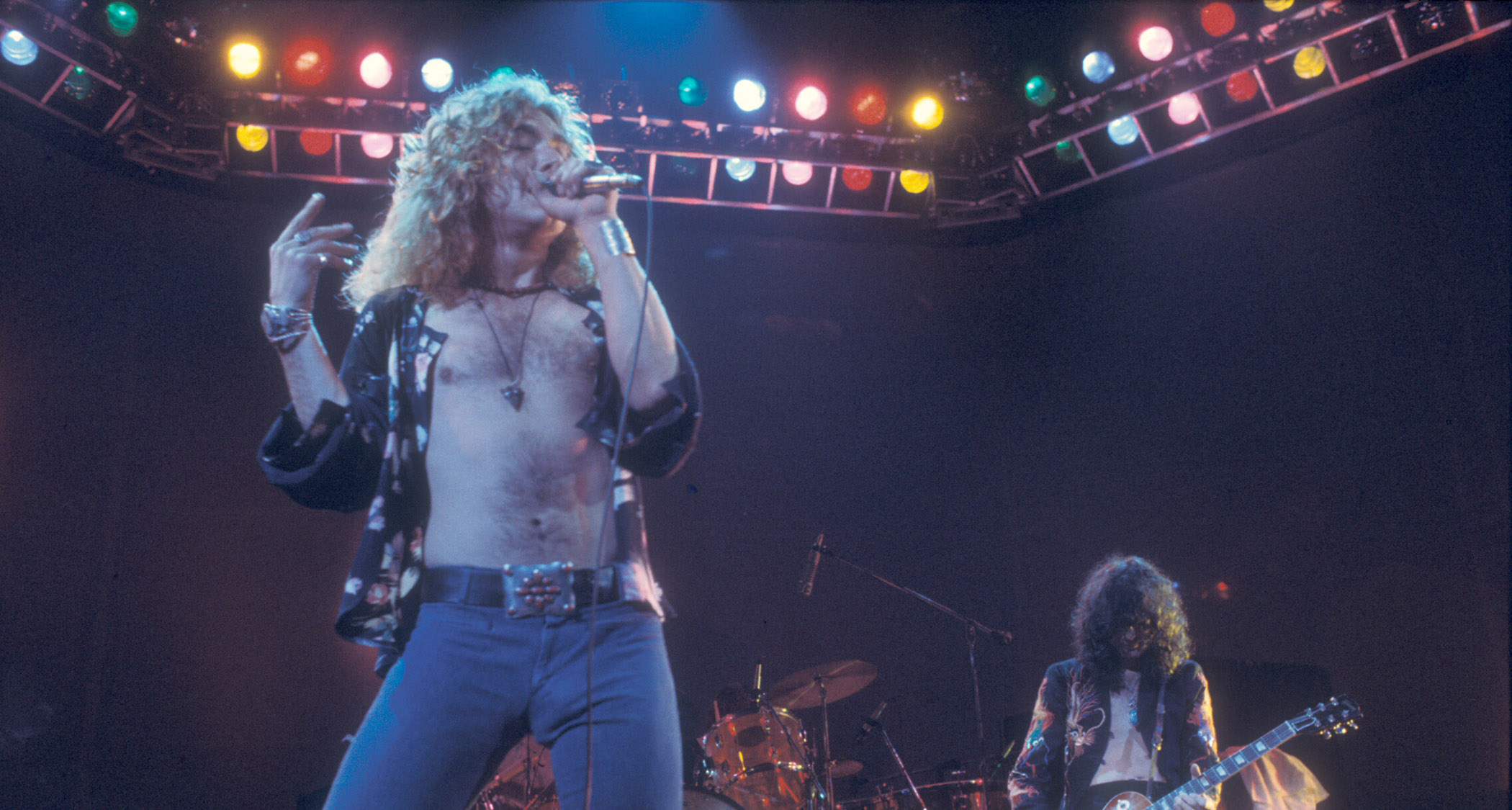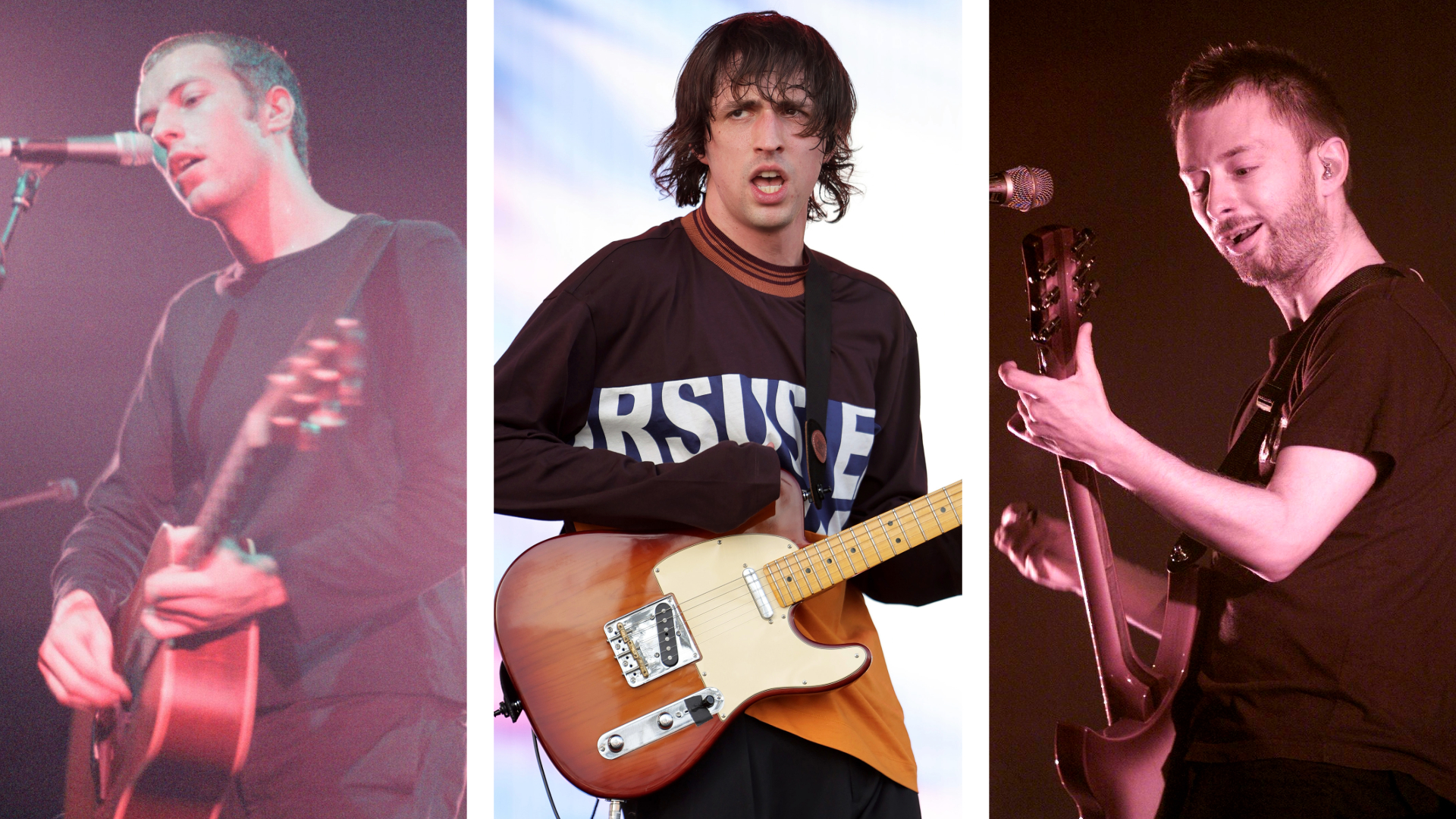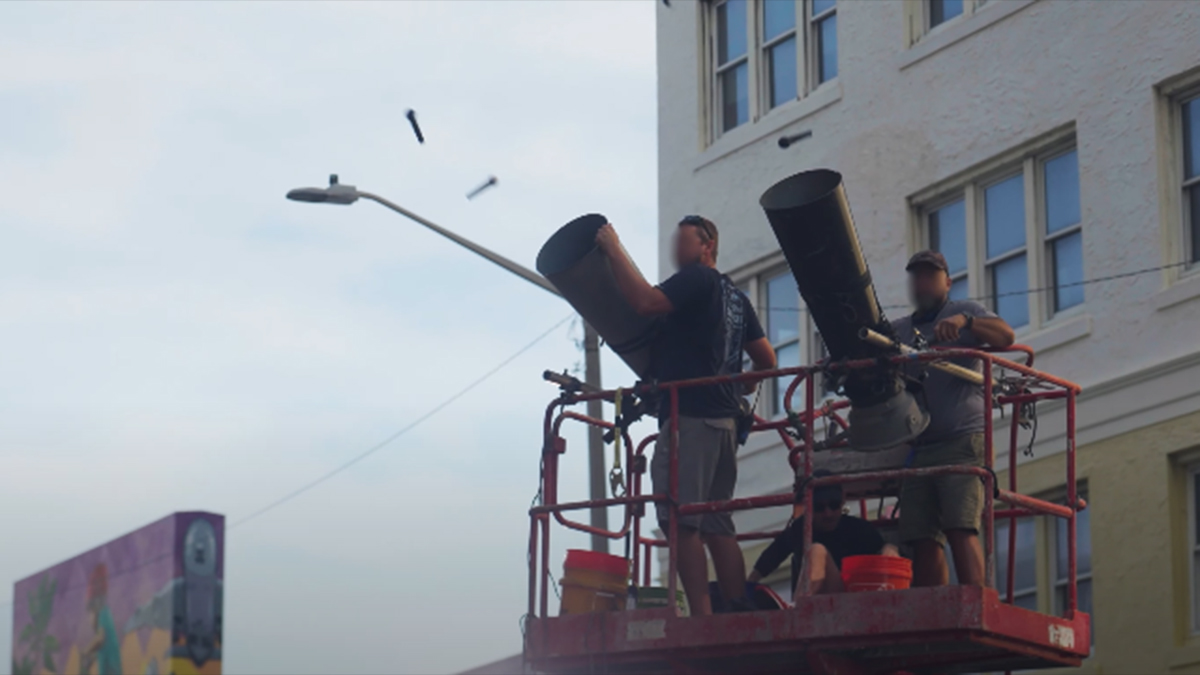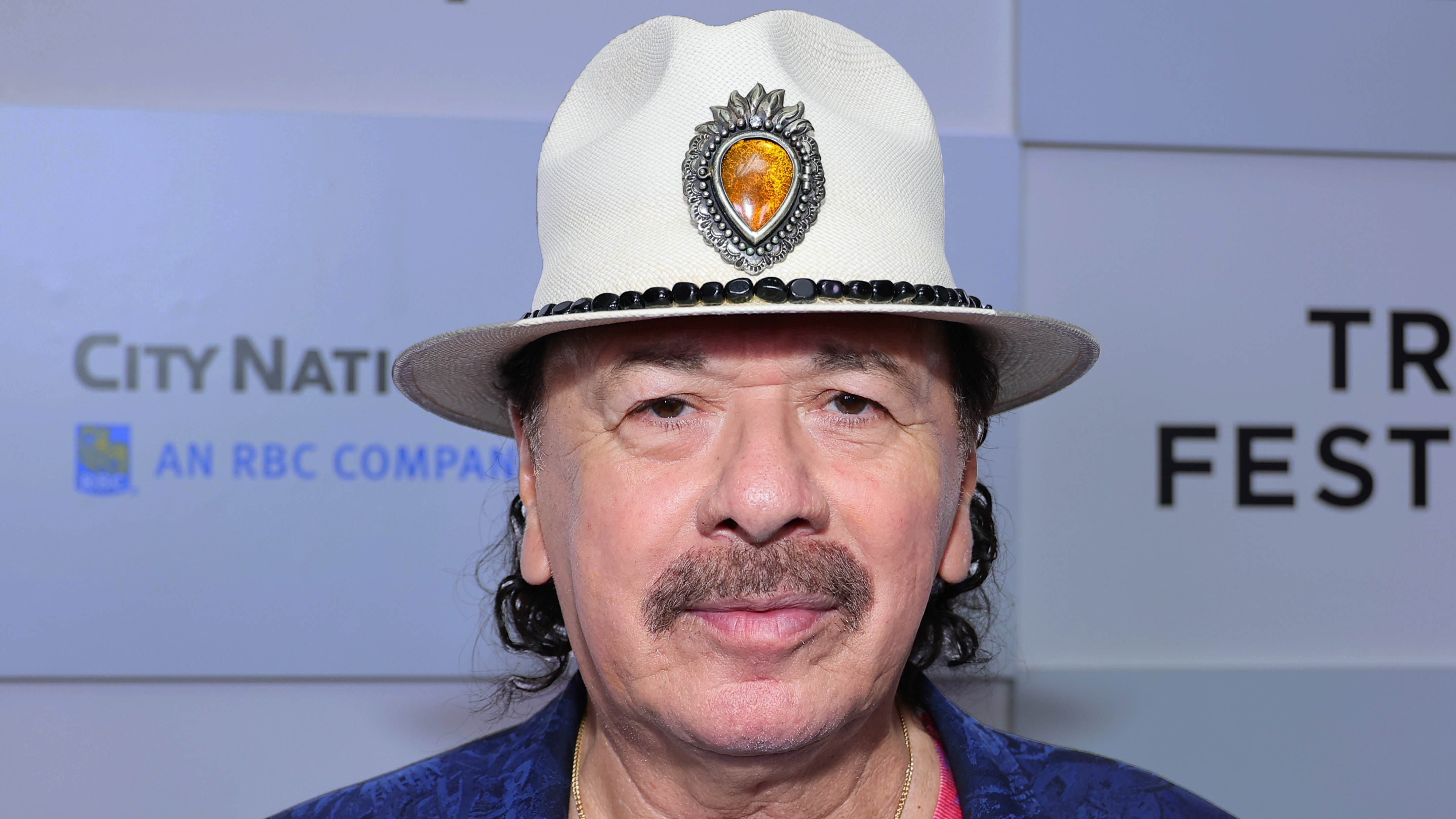"We were getting more talented and George began to write lots of songs… he was lucky to get a track on an album." The lost 1971 John Lennon and Yoko Ono interview on the Beatles' split when they insisted Michael Parkinson wore a black sack over his head
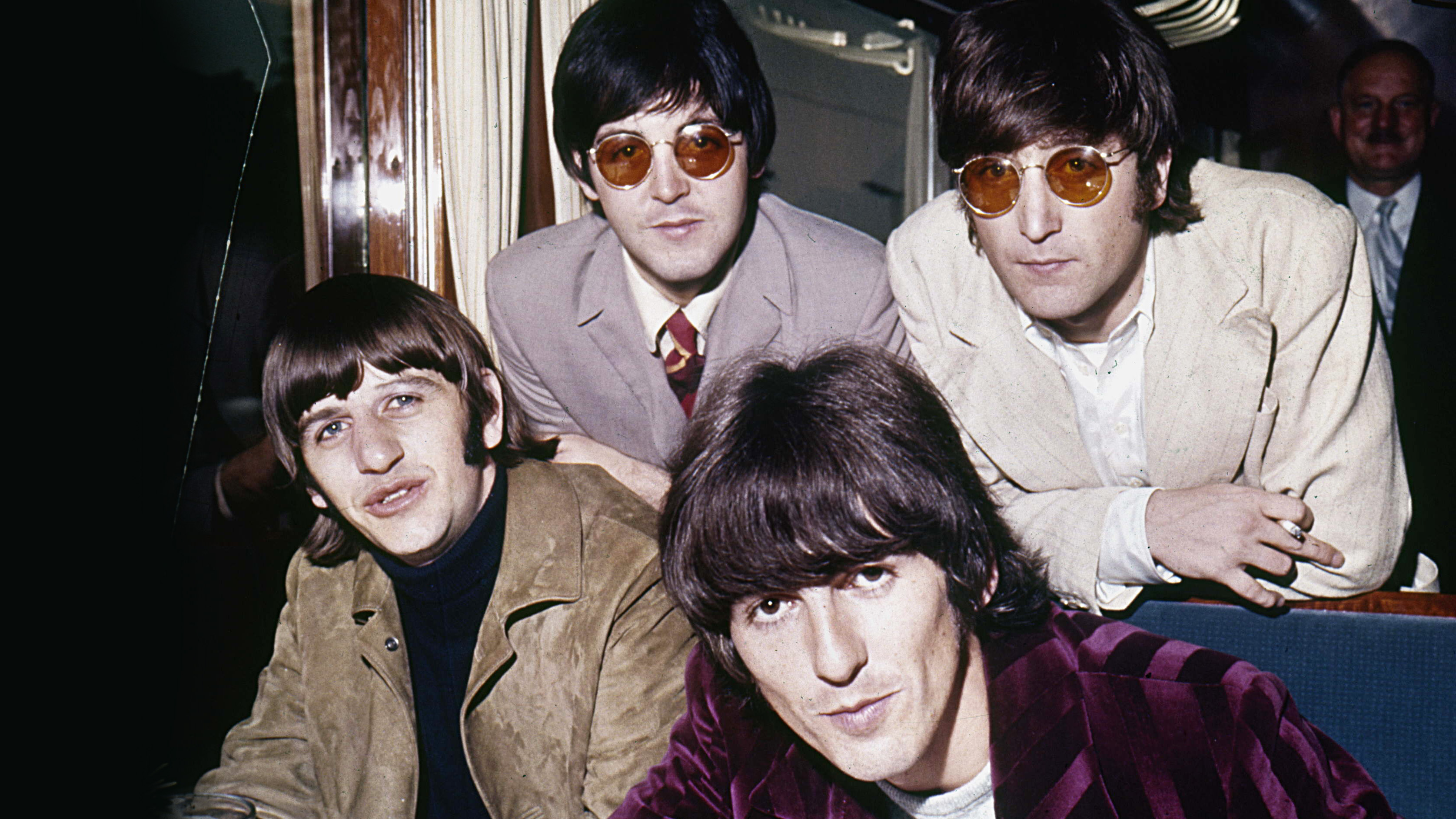
The late Michael Parkinson is rightly regarded as one of the premier television interviewers in the UK and the list of stars that appeared on his BBC chat show encompassed nearly every big name from the '70s to the early 2000s. It's a surprised then to discover that the BBC wiped most of its first series – including a bizarre but revealing 1971 appearance by John Lennon and Yoko Ono.
This wasn't unusual at the time; for reasons cited including the broadcaster having no concrete policy on archiving until 1978 and simply needing to wipe tapes so they could be reused, or destroyed as they weren't deemed of value. This meant early episodes of iconic shows including Dr Who, Not Only Peter Cook By Dudley Moore, Hancocks Half Hour, Steptoe And Son and The Avengers were lost forever. Mostly…
In 2009's An Audience With Michael Parkinson, he revealed that a recording of his 1971 interview with Lennon and Ono existed, despite the whole first series of his chat show that it was a part of being wiped from the BBC archive.
He came back to me about a day later and said, 'We've talked about this, I hate talking about the Beatles, you know that
Michael Parkinson
Lennon's appearance on show at the time was vital for Parkinson. He was struggling to attract big guests for its initial eight-week run but already knew the Beatle to call in a favour. At the time there were still many questions hanging over the real reasons for the Beatles' April 1970 parting, with contrasting perspectives beginning to surface. Parkinson recalls how Lennon was initially reluctant to revisit that particular subject.
"He came back to me about a day later and said, 'We've talked about this, I hate talking about the Beatles, you know that,'" Parkinson remembered Lennon telling him. But he would appear on the show, under two conditions. The first being that his partner Yoko Ono appeared with him. This wasn't surprising at all. The second condition was.
"[He said], 'If you want to talk about the Beatles, you have to climb inside a sack and do the interview about the Beatles in a sack,'" recounted Parkinson. "I would have it hanging upside down off the Sydney Harbour Bridge just to get John in the studio."
This wasn't as random as it might first appear. In 1969 Lennon and Ono had given an infamous press conference at the Sacher Hotel in Vienna, Austria where they introduced the concept of 'bagism' – their goal for total communication, and the duo spoke from inside a giant white bag.
Get the MusicRadar Newsletter
Want all the hottest music and gear news, reviews, deals, features and more, direct to your inbox? Sign up here.
The idea was a visual way to illustrate their goal of removing potential prejudice based on physical appearance from the conversation – therefore helping to take each other's viewpoints and ideas more seriously. This was total communication.
Two years later and it was apparently still on Lennon and Ono's minds as they appeared on Parkinson's show as agreed. Following Lennon's murder in December 1980, the BBC contacted Parkinson to ask about showing the interview again. Then they hit an obstacle – the corporation hadn't just erased the tapes, but the whole first series of the Parkinson chat show. It was lost, until years later when Parkinson was contacted out of the blue by a film producer in America who was making a feature film called Imagine (released in 1988) on Lennon and asked permission to use the footage of the interview that was sitting on his desk.
The producer wouldn't reveal where he'd got it from but the bootleg footage was indeed genuine. The previously lost footage of the interview – captured in 16mm film and then stretched to 35mm and colourised from a black and white TV broadcast – has still never been shown in full, but the Audience With Parkinson show at least let's us see a key moment segment when Lennon tackles the still-sensitive subject of the Beatles' split… and the sack comes out.
To his credit in the clip shown below Parkinson feigns surprise, and Ono seems especially enthusiastic about him putting the sack on as the conversation approaches the Fab Four. Lennon is especially animated when confronted with the claim that Ono may be responsible for the split, and is understandably passionate about fighting the misconception.
"Listen, I'll tell you –people on the street and kids do not dislike us," began an indignant Lennon. "It's the media – I'm telling you. It's not us. We go on the street and the lorry drivers wave, 'Hello Yoko, hello John – all that jazz. And I judge it by that. My records still sell well. Her records sell alright. People in general aren't [bothered] even though they've had this propaganda."
As Parkinson presses Lennon on whether Ono's presence during Beatles sessions may have led to tensions with the other members Lennon is forthright. "The tension was already there, you see," he responds. "After Brian died…"
At that point Lennon remembers the bag clause. And out comes the large black sack with Parkinson putting it over his head, with Lennon citing that "It's total communication if you're in the bag". Yoko points out that Parkinson, "Looks very elegant".
The interview continues. "When Brian [Epstein, Beatles manager] died we got a bit lost," continues Lennon. "We needed a manager. Because all of us are artists… we can't manage ourselves or look after ourselves in that way. But it's a lot for four big heads like the Beatles to stay together for such a long time."
Then comes perhaps the crux of Lennon's perspective on the Beatles dissolution – especially George Harrison's situation, and it's hard to argue with.
"Then there's the thing of making, or making it big and breaking into America," he adds. "We had a goal together, but when we reached the age of 28 or 29 it began to be, 'What's the goal? We've made it.' We were getting more talented and George began to write lots of songs. He couldn't even make an album – he was lucky to get a track on an album.
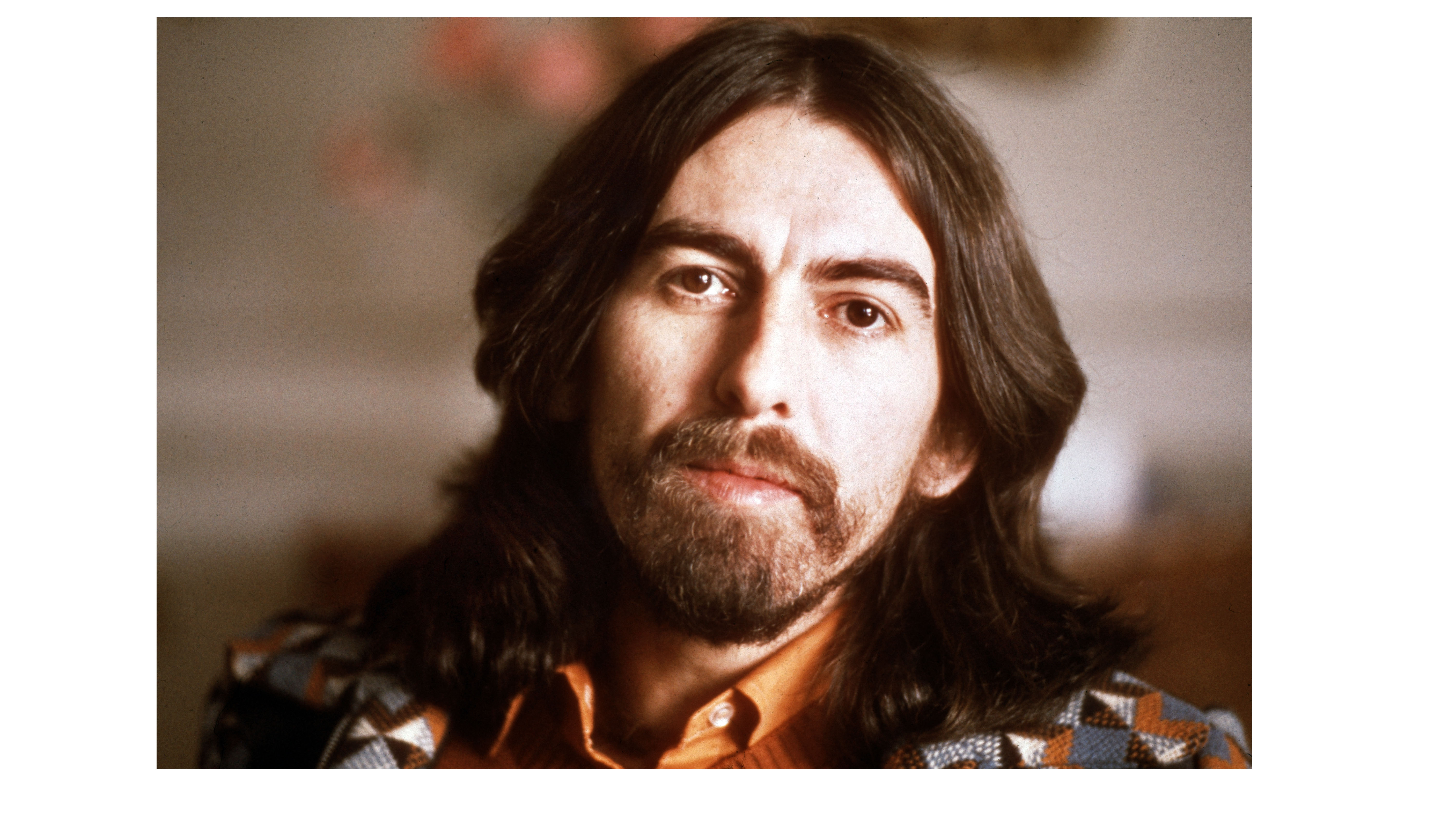
"We all started to get interested in our own music and going different ways," Lennon continued. "If you hear our separate albums, they're similar but our personalities have developed and they were a bit stifled in the Beatles I think. Between us now we sell ten times more records than the Beatles did individually if you added them all together. We're doing far better than we were then."
At this point Lennon breaks into laughter, probably realising that talking to a man wearing a giant black sack is somewhat absurd. Parkinson's wish to come out of the bag is granted. And it would be fascinating to hear what Lennon and Ono talk about next but as yet, the rest of the footage is not available online.
"It's an important document of a friendship with John," concluded Parkinson looking back on the interview in 2009. "And also a reminder of the part he played actually in making the show a success. When he did this the floodgates opened."

Rob is the Reviews Editor for GuitarWorld.com and MusicRadar guitars, so spends most of his waking hours (and beyond) thinking about and trying the latest gear while making sure our reviews team is giving you thorough and honest tests of it. He's worked for guitar mags and sites as a writer and editor for nearly 20 years but still winces at the thought of restringing anything with a Floyd Rose.
“The most musical, unique and dynamic distortion effects I’ve ever used”: Linkin Park reveal the secret weapon behind their From Zero guitar tone – and it was designed by former Poison guitarist Blues Saraceno’s dad
Carlos Santana collapses and then cancels second show “out of an abundance of caution”


